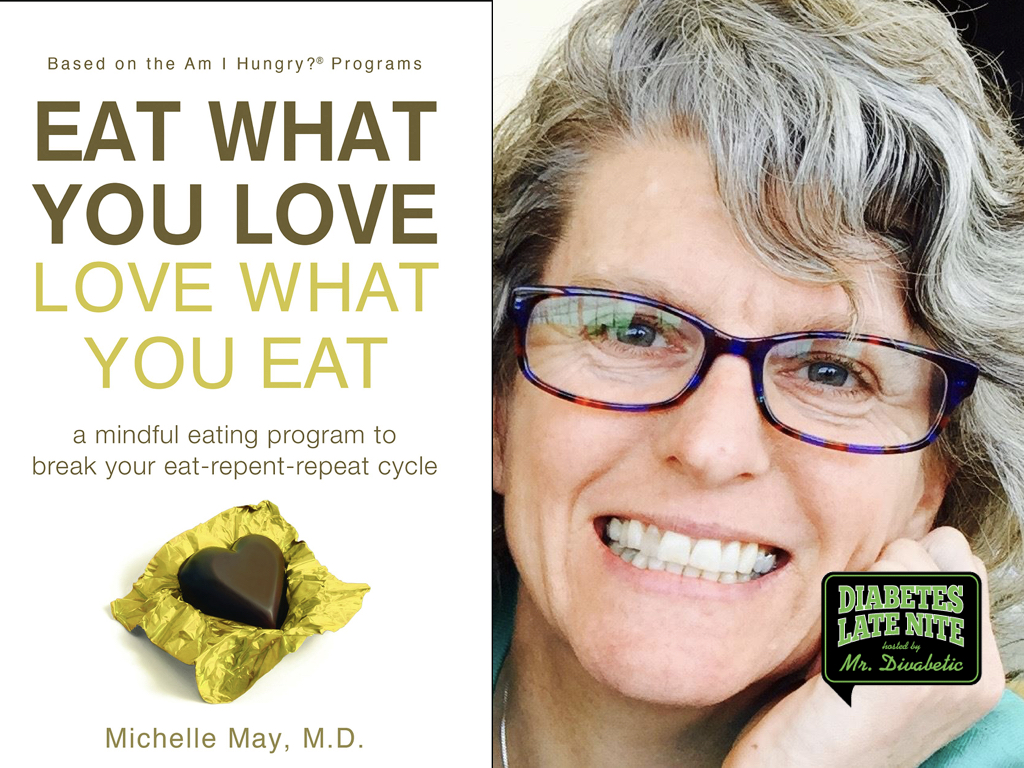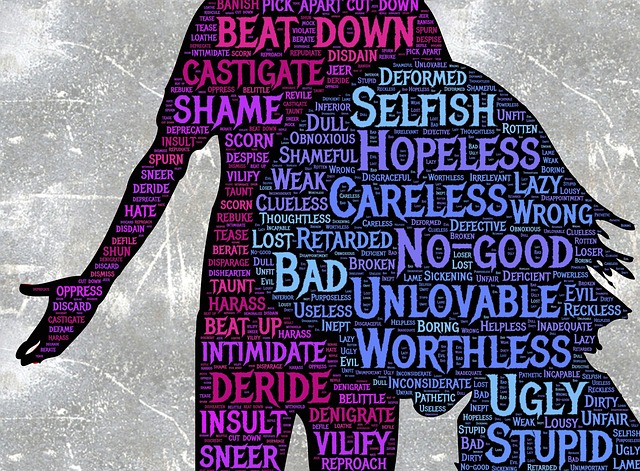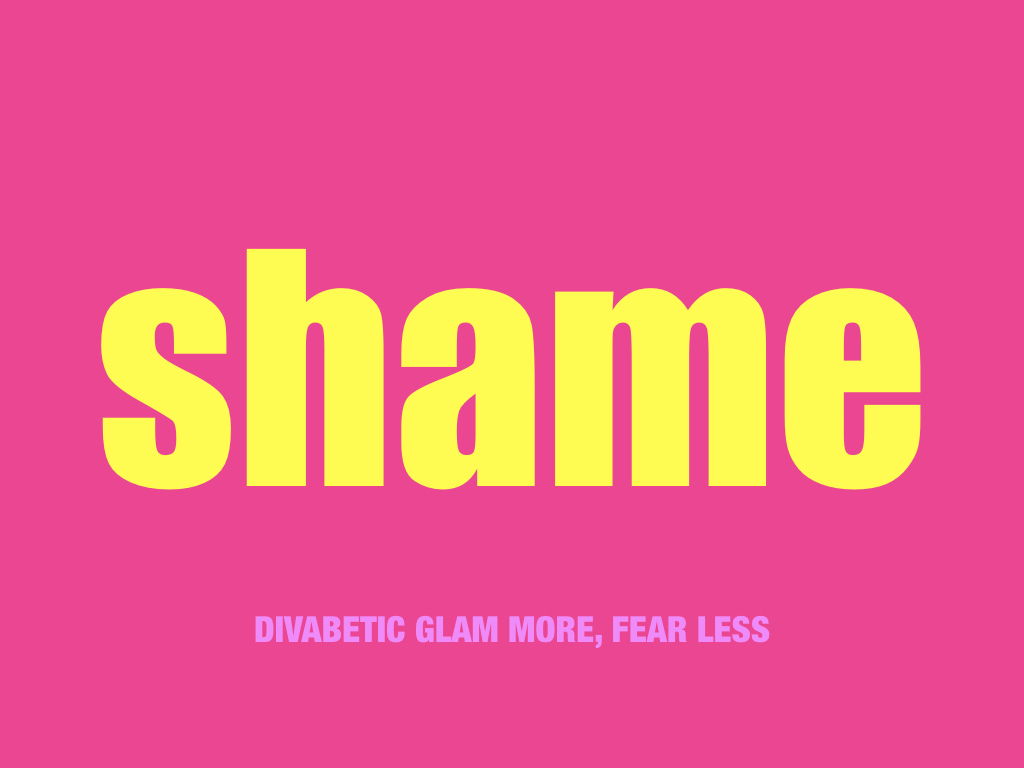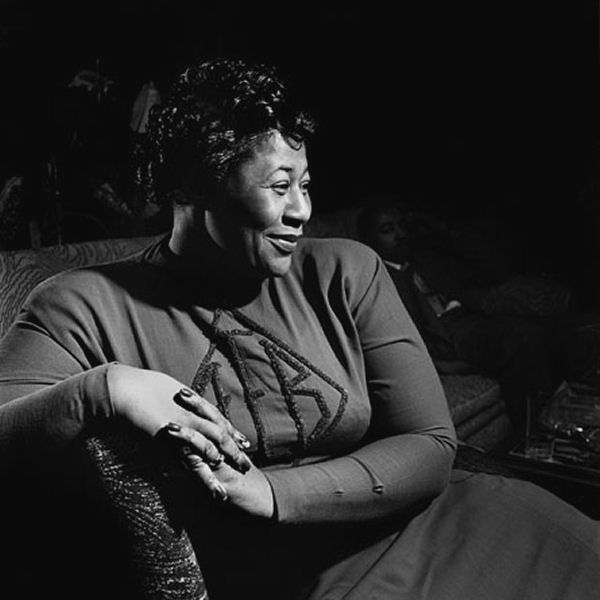“When I say goodbye it is never for long
‘Cause I know our love still lives on
It will be again exactly like it was
‘Cause I believe in the Power of Love”
- ‘Power Of Love/Love Power’ by Luther Vandross
Divabetic is proud to partner with the Vandross Family Estate to present the inaugural Fandross Festival celebrating the musical legacy of Luther Vandross.
As much as we’re looking forward to seeing Luther’s outstanding band members and vocalists perform again and meeting fans we are more interested in helping those at risk, affected by and living with diabetes to stay happy and healthy.
Luther Vandross had over 50 people supporting him with his music but when it came to managing his type 2 diabetes, he chose to manage it alone. That was a terrible mistake because daily diabetes management is challenging as well as overwhelming for many. Don’t go it alone choose to manage your diabetes with ‘team approach’ and build your own healthcare entourage. Working with different healthcare providers, family members and friends helps you to learn in-depth information regarding their health and well-being, boost confidence and find comfort during difficult times. It also ensures that your needs are cared for and addressed.
If Luther’s music has brought joy to your life, then please take a minute to “Keep your House A Home” and learn how to prevent diabetes health-related complications (such as stroke) from occurring. The first step is learning to love yourself and your diabetes health without shame.
Are you ashamed of your diabetes? Afraid of judgment?
Denial of a diagnosis plays a significant role in why people may experience diabetes health-related complications. Ignoring your diabetes has significant repercussions. Learning to accept your diagnosis is not easy and for some, takes years.
Here are three ways to help break the diabetes shame cycle.
1. Respond, don’t react. If your medical professionals are judgmental, consider switching. Realize that you’re in a system that creates shame. Change your mind about how you’re going to see that system.
2. Think about how to transform your behavior and why. “When we really let ourselves understand what our values are and value those things, we are less likely to call ourselves bad people,” says Joseph Nelson, a psychologist in Minneapolis and spokesperson for the American Association of Diabetes Educators. “By getting in touch with what we want in the world, we can tell ourselves that we’re OK and get rid of the shame. Value who you are, no matter what.”
3. Seek support. “Surround yourself with people who know your deeper motivation to change, who aren’t critical, and who are open enough in your relationship with them so that when they do act in a shaming way, you can approach them and tell them why what they’re saying is counterproductive,” says Ann Goebel-Fabbri, PhD, a psychologist at the Joslin Diabetes Center in Boston and an assistant professor of psychiatry at Harvard Medical School.
Fandross Festival 2018 Calendar of Events: Fandross Kick-Off Party & Live Music Tribute hosted by Alfa Anderson at Ashford & Simpson’s Sugar Bar on 5/10/18, Lisa Fischer & Grand Baton Concert with VIP Meet & Greet at the Blue Note on 5/11/18, Fandross Festival (Film & Panel Discussion) at SVA Theater on 5/12/18, Fandross ’80’s Music & Fashion Brunch featuring Catherine Schuller AICI, CIP and Dr. Beverly S. Adler PhD, CDE at Casa de Femme on 5/13/18. All tickets sold separately on Eventbrite. More event details at Divabetic.org
Enoy our Annual Luther Vandross Tribute podcast with guests include ‘Eat What You Love, Love What You Eat with Diabetes’ Author Dr. Michelle May, Patricia Addie-Gentle RN, CDE, R & B Singer Alyson Williams, ‘Here & Now’ Songwriter and Entertainer Terry Steele, Seveda Williams, Luther Vandross Historian Leon Petrossian and Luther Superfan John Price. Throughout the podcast we will be featuring selected songs from the album entitled ‘Busy Body’ courtesy of SONY Music. On ‘Busy Body’, Luther Vandross’ third album features ‘Superstar’, ‘For the Sweetness Of Your Love’, and the duet with Dionne Warwick entitled ‘ How Many Times Can We Say Goodbye’. LISTEN NOW










